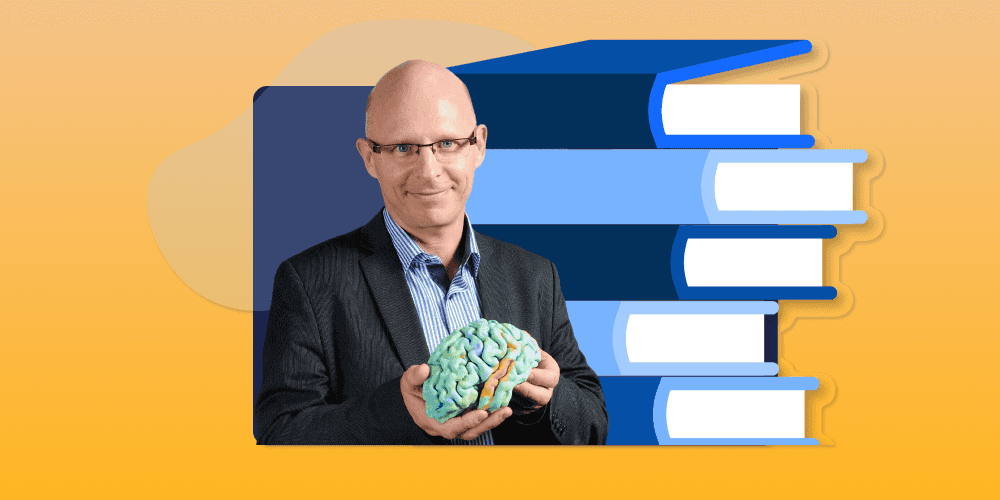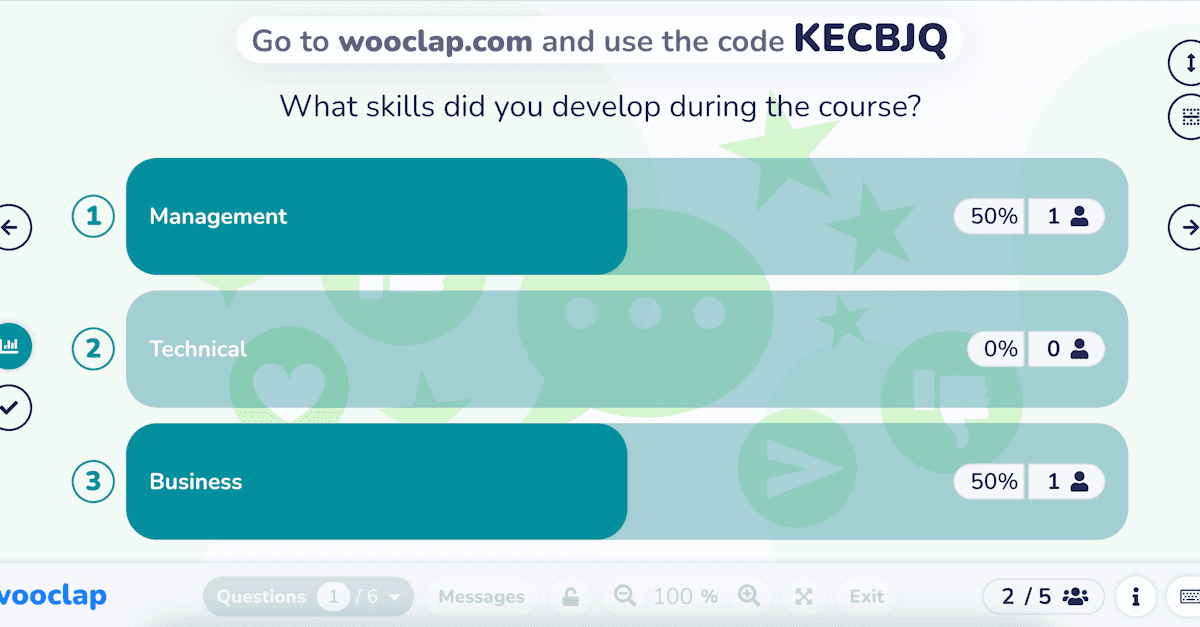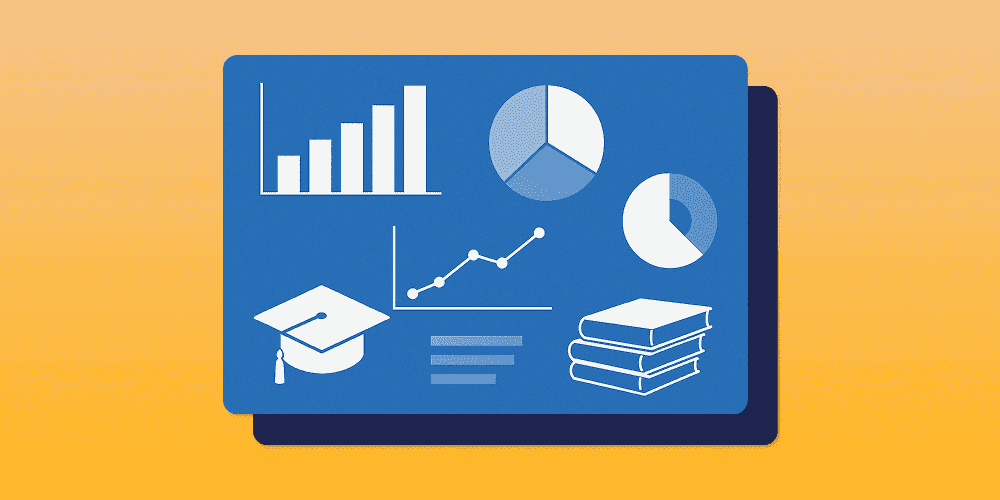
American summer tour! Wooclap will be at Anthology Together 2025
Come say hi at booth 301 from July 14th to July 16th in Las Vegas, Nevada
Stanislas Dehaene: The four pillars of learning
22.10.2019 • 3 minutes

Since the mid-1950s, cognitive science has sought to understand how the human brain acquires, uses, and transmits knowledge. Stanislas Dehaene, professor at the Collège de France, is a prominent representative of this discipline.
As a cognitive psychologist and neuroscientist, he has highlighted the main contributors to successful learning, which are attention, active engagement, feedback, and consolidation. He refers to these four fundamental elements as the “four pillars of learning”.
The first pillar: Attention
One can’t learn without paying attention to what must be learned. According to Dehaene, this is the first condition for successful learning. In practice, that means a teacher must first draw the students’ attention, by quizzing them or adjusting the tone of their voice.
That is not all, though: it is also important to highlight what students must pay attention to, by prioritising or repeating the most important information. Attention is selective, after all: it acts as a filter which catches some bits of information and lets others slip through.
Not convinced? Take the following selective attention tests by counting the number of passes made by basketball players in this video and deducing who committed murder in this case.
The second pillar: Active engagement
If one wants to remember new information, passively listening to the teacher is insufficient. It’s better to ask oneself questions, speculate about potential hypotheses, or perform experiments to fully understand what one is learning.
According to Stanisalas Dehaene, nothing implants new knowledge in one’s brain and memory better than that intellectual struggle.
The third pillar: Feedback
Who said one shouldn’t make mistakes? Certainly not Stanislas Dehaene! On the contrary, he believes making errors can be beneficial - if one understands what caused them. This is why feedback is important: it allows the learner to move past the mistake and correct it, provided they feel confident and encouraged rather than criticised and mocked.
Though this is not a new discovery, professor Dehaene sheds light on the process that takes place inside the brain: the learner makes a prediction, the error causes a discrepancy between that prediction and reality, which leads them to make a new prediction. These successive adjustments favour learning.
For trainers, test this template to ensure that your feedback at the end of the training is as effective as possible:

End of training feedback
Download this Wooclap event template to understand where you can improve your training and continuously increase its quality.


The fourth pillar: consolidation
Memorising new information or acquiring new skills is merely the first step: that knowledge must be consolidated if it is to be durable and used automatically, almost unconsciously.
Whether learning how to count, how to read fluently, or how to drive a car, the brain must repeat the mechanisms which govern that learning many times, until it is truly mastered. Professor Dehaene also notes that sleep plays an essential part in this process.
Over time, the effort fades and transforms into routine, which frees up space in the brain to learn and do new things!
To know more about this topic:
Find here Stanislas Dehaene’s courses from the Collège de France.
Writer

The Wooclap team
Make learning awesome & effective
Subject
A monthly summary of our product updates and our latest published content, directly in your inbox.



